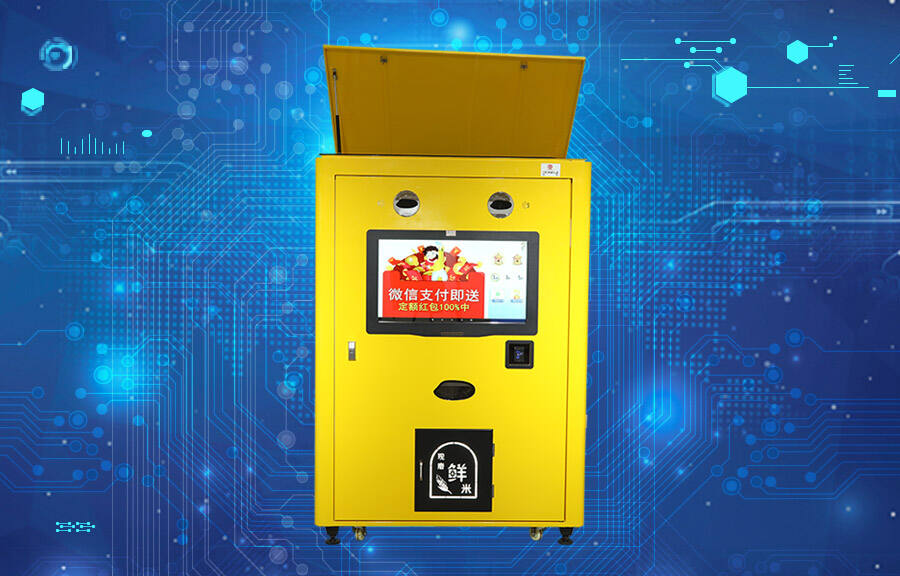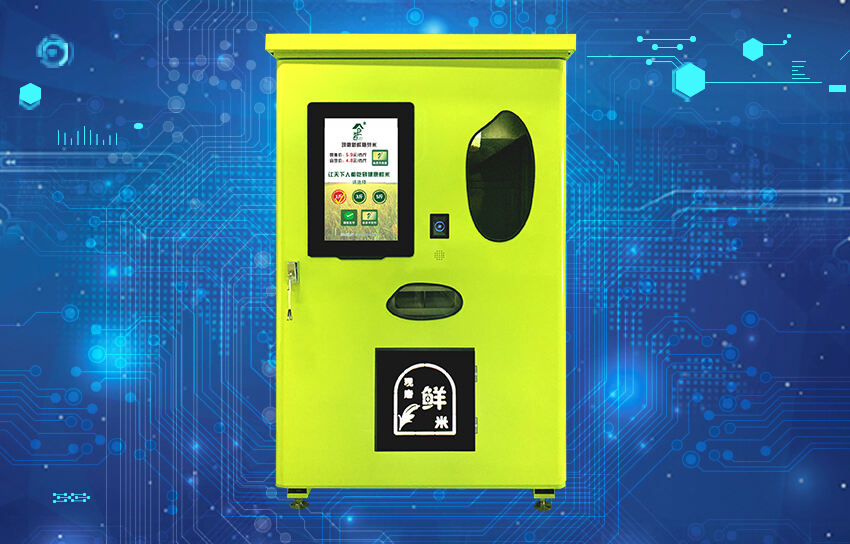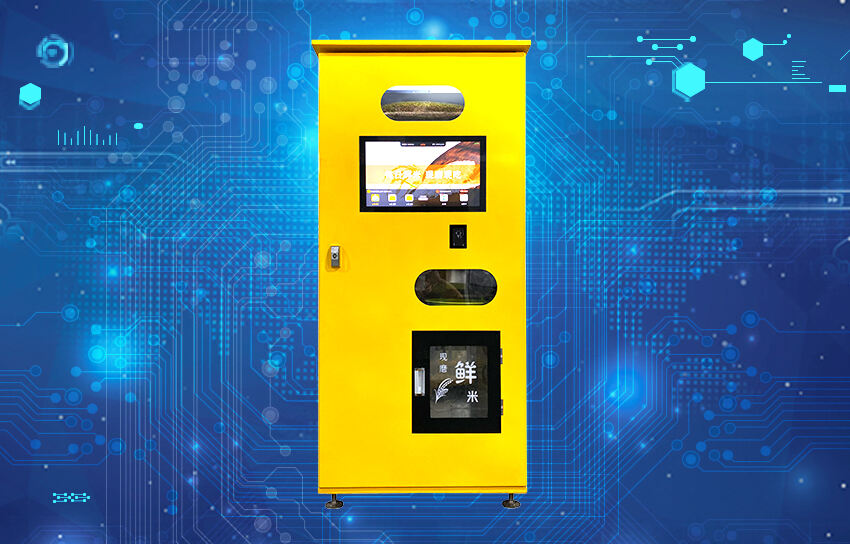Jan 22,2025
0
Nestandardní přizpůsobené zařízení se vztahuje na stroje a řešení navržené specificky podle jedinečných provozních požadavků podniků, což nabízí výraznou výhodu oproti standardním řešením. Na rozdíl od hromadně vyráběného zařízení, které je univerzální, jsou nestandardní řešení vyvíjena tak, aby splnila konkrétní provozní potřeby, což je činí vysoce přizpůsobivými a efektivními. Tento přístup umožňuje firmám zvyšovat jejich provozní efektivitu tím, že přesně reagují na jejich výrobní potřeby, kontrolu kvality a optimalizaci pracovních toků.
V dnešním neustále se vyvíjejícím výrobním prostředí nelze význam přizpůsobení přeceňovat. Jak se průmysly nadále diverzifikují a požadavky zákazníků se stávají složitějšími, tradiční standardní automatizační řešení často zaostávají. Přizpůsobená řešení zařízení, jako ta, která poskytuje Dongji, se vyvíjejí s těmito rostoucími potřebami. Umožňují výrobcům zůstat konkurenceschopnými v prostředí, kde jsou přesnost, rychlost a přizpůsobivost klíčové. Přijetím přizpůsobeného přístupu mohou podniky nejen splnit aktuální provozní požadavky, ale také předvídat budoucí výzvy s univerzální základnou zařízení.
Nestandardní přizpůsobené zařízení je známé tím, že zahrnuje inteligentní technologie, jako je automatizace a Internet věcí (IoT), které výrazně zvyšují jeho funkčnost. Tyto technologie umožňují strojům vzájemně bezproblémově komunikovat, optimalizovat procesy a minimalizovat lidský zásah.
Kromě toho non-standardizované přizpůsobené vybavení často disponuje nadstandardními zpracovatelskými schopnostmi, které se promítají do zlepšených výkonnostních ukazatelů, jako je zvýšený průtok a snížená doba nečinnosti. Například v odvětvích, jako je automobilový průmysl a elektronika, může být přizpůsobená stroje navržena tak, aby zvládala více komponentů současně, což výrazně urychluje montážní proces. To nejen zvyšuje produktivitu, ale také minimalizuje pravděpodobnost výrobních přerušení, což zajišťuje plynulejší provoz celkově. Takové pokročilé schopnosti jsou zásadní v odvětvích, kde i drobné zlepšení v rychlosti zpracování a spolehlivosti může vést k podstatným ziskům v efektivitě.
Integrací těchto inovativních funkcí non-standardizované přizpůsobené vybavení nejen splňuje specifické provozní požadavky různých odvětví, ale také se umisťuje jako klíčový hráč v moderních výrobních prostředích.
Nestandardní řešení přizpůsobeného vybavení slouží různým odvětvím, jako je zpracování potravin, farmaceutický průmysl a automobilový průmysl.
Specifické případy použití v různých odvětvích zdůrazňují úspěšnou implementaci přizpůsobeného vybavení. V farmaceutickém průmyslu se často používají přizpůsobené stroje k obsluze unikátních formulací, které vyžadují přesnost a konzistenci během výrobního procesu. To nejen zlepšuje efektivitu výroby léků, ale také zvyšuje bezpečnost a spolehlivost farmaceutických produktů. Mezitím v automobilovém sektoru přizpůsobená řešení vybavení umožňují výrobcům vyvíjet specializovaná montážní řešení pro unikátní komponenty vozidel. Tato přizpůsobivost může vést k rychlejším výrobním cyklům a zlepšené kvalitě produktů, což demonstruje transformační dopad přizpůsobených strojů na dosažení provozní dokonalosti.
Hodnocení účinnosti nestandardního přizpůsobeného vybavení zahrnuje posouzení kritických metrik, jako jsou výrobní efektivita, míra chyb a návratnost investic (ROI).
Kromě toho hraje zpětná vazba od zákazníků zásadní roli při řízení průběžného zlepšování přizpůsobených řešení zařízení. Zpětná vazba od koncových uživatelů poskytuje cenné informace o tom, jak zařízení funguje v reálných podmínkách, a zdůrazňuje oblasti, kde jsou potřebná zlepšení. Neustálou analýzou zpětné vazby od zákazníků mohou výrobci zdokonalovat své návrhy, zavádět potřebné úpravy a podporovat kulturu neustálého zlepšování ve svých operacích. Tento cyklus zpětné vazby a zlepšování zajišťuje, že zařízení zůstává efektivní a v souladu s vyvíjejícími se potřebami zákazníků, což nakonec zvyšuje spokojenost a loajalitu zákazníků.
Prozkoumejte naši nabídku inovativního přizpůsobeného zařízení na míru navrženého k transformaci zpracování a nákupu rýže.
Distribuční Nový mlýnek na rýži uvádí novou éru zpracování rýže se svými inteligentními funkcemi a samoobslužnými schopnostmi. Toto pokročilé zařízení umožňuje uživatelům efektivně manipulovat s rýží tím, že automaticky dokončuje procesy, jako je čištění, loupání a mletí, aby vyprodukovalo vysoce kvalitní bílou rýži. Disponuje špičkovými senzory a řídicími systémy, které monitorují podmínky, jako je vlhkost a teplota, a zajišťují optimální zpracování úpravou nastavení podle potřeby.

Distribuční Stroje na mlývání rýže je zázrakem efektivity a technologické sofistikovanosti. Schopná vysokopřesného mletí s nízkou mírou zlomené rýže, tento stroj podporuje různé typy rýže s přizpůsobitelnými výstupními rychlostmi. Je navržen pro rychlost, zpracovává 500g za pouhých 25 sekund a využívá vysoce přesnou elektronickou váhu pro přesnost. Tichý provoz a multifunkčnost tohoto stroje jej činí ideálním pro prostředí od domácích kuchyní po komunitní obchody.

Na závěr Samoobslužný automat na rýži nabízí bezprecedentní pohodlí, poskytující čerstvou rýži stisknutím tlačítka. Oslovuje spotřebitele, kteří hledají snadný a flexibilní způsob, jak získat rýži kdykoli je potřeba. Kompaktní a uživatelsky přívětivé, zjednodušuje nákupní proces a může být strategicky umístěno na výhodných místech, aby sloužilo jako spolehlivý zdroj rýže pro různé komunity.

Tyto inovativní řešení odrážejí závazek ke zvyšování efektivity a uživatelského zážitku v produkci a nákupu rýže.
Dongjiho přizpůsobená řešení nabízejí významnou nákladovou efektivitu tím, že účinně snižují plýtvání a optimalizují využití zdrojů.
Navíc flexibilita a škálovatelnost přizpůsobených řešení Dongji vyhovují vyvíjejícím se požadavkům trhu, poskytují firmám potřebnou přizpůsobivost v dnešním rychlém prostředí. Tato řešení jsou navržena tak, aby byla snadno modifikovatelná nebo rozšiřitelná, což umožňuje společnostem rychle se přizpůsobit změnám na trhu nebo podle potřeby rozšířit provoz. Tato přizpůsobivost je klíčová pro udržení konkurenční výhody, což firmám umožňuje rychle reagovat na nové příležitosti a výzvy bez nutnosti významných změn stávajících systémů. Přístup Dongji zajišťuje, že jeho řešení zůstávají relevantní a prospěšná, jak se tržní podmínky mění.
Budoucnost přizpůsobených řešení vybavení bude formována novými trendy, jako je zvýšená automatizace a udržitelnost. Pokrok v automatizačních technologiích umožňuje větší efektivitu a přesnost v výrobních procesech. Výrobci stále více integrují umělou inteligenci a zařízení Internetu věcí, aby zjednodušili operace, zvýšili přesnost a snížili manuální zásahy. Kromě toho se stále více zdůrazňuje udržitelné praktiky, což nutí průmysl přijímat ekologická řešení, která minimalizují spotřebu energie a odpad. Tento dvojí důraz na automatizaci a udržitelnost přivede novou éru inovativních a ekologicky odpovědných výrobních řešení.
Důsledky těchto trendů pro výrobní odvětví jsou významné z hlediska produktivity a globální konkurenceschopnosti. Vylepšená automatizace může vést k bezprecedentním úrovním produktivity tím, že snižuje lidské chyby a zrychluje výrobní časové osy. Navíc přijetí udržitelnosti může posunout podniky na čelní místo globálních trhů tím, že se sladí s očekáváními spotřebitelů ohledně odpovědných praktik. Tato kombinace vytváří prostředí, kde odvětví nejen udržuje konkurenceschopnost, ale také dosahuje dlouhodobé životaschopnosti a odolnosti. Jak se tyto trendy nadále vyvíjejí, výrobci se musí přizpůsobit, aby optimalizovali své provozní strategie, a tím si zajistili konkurenční výhodu na globálním trhu.